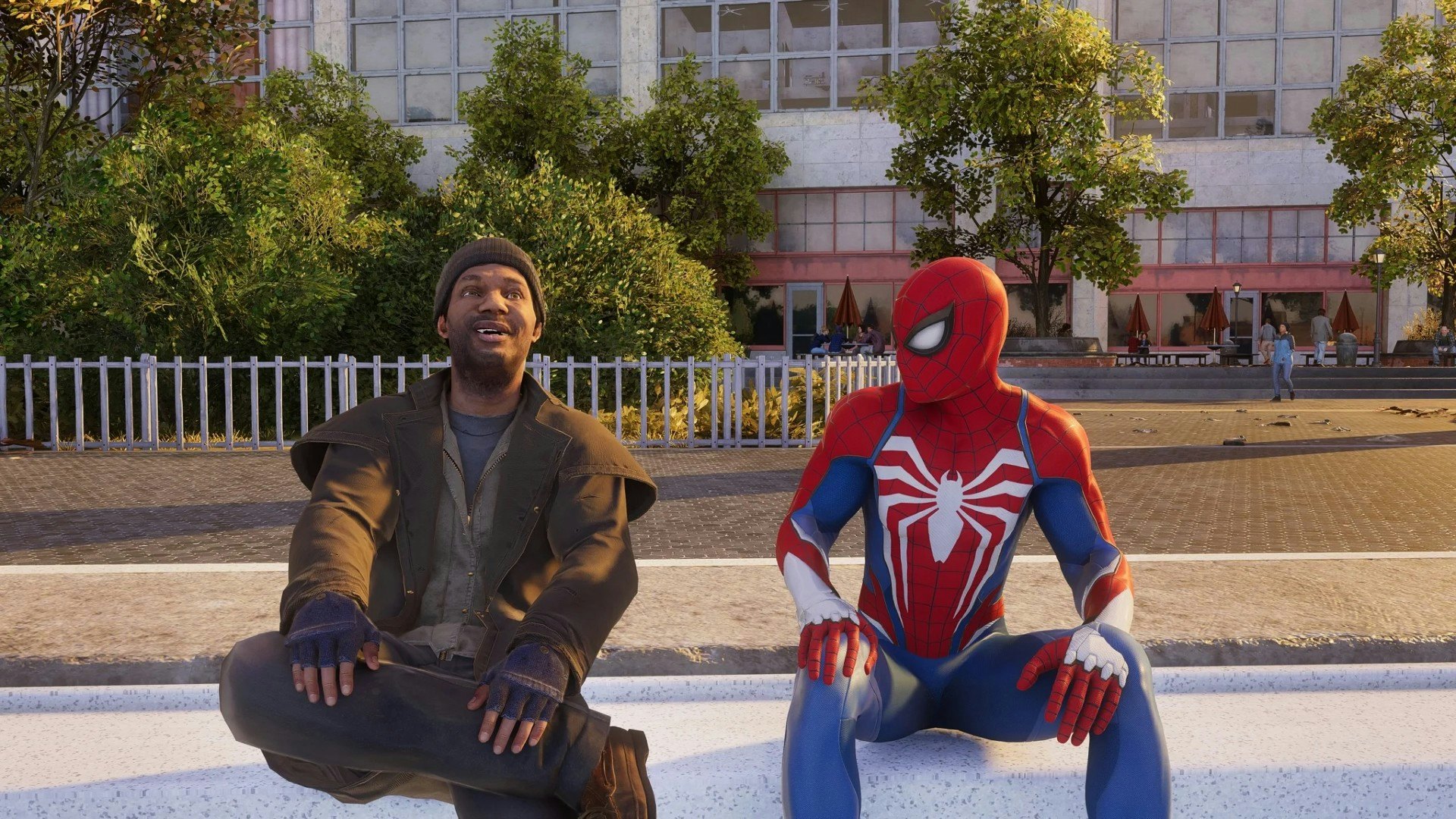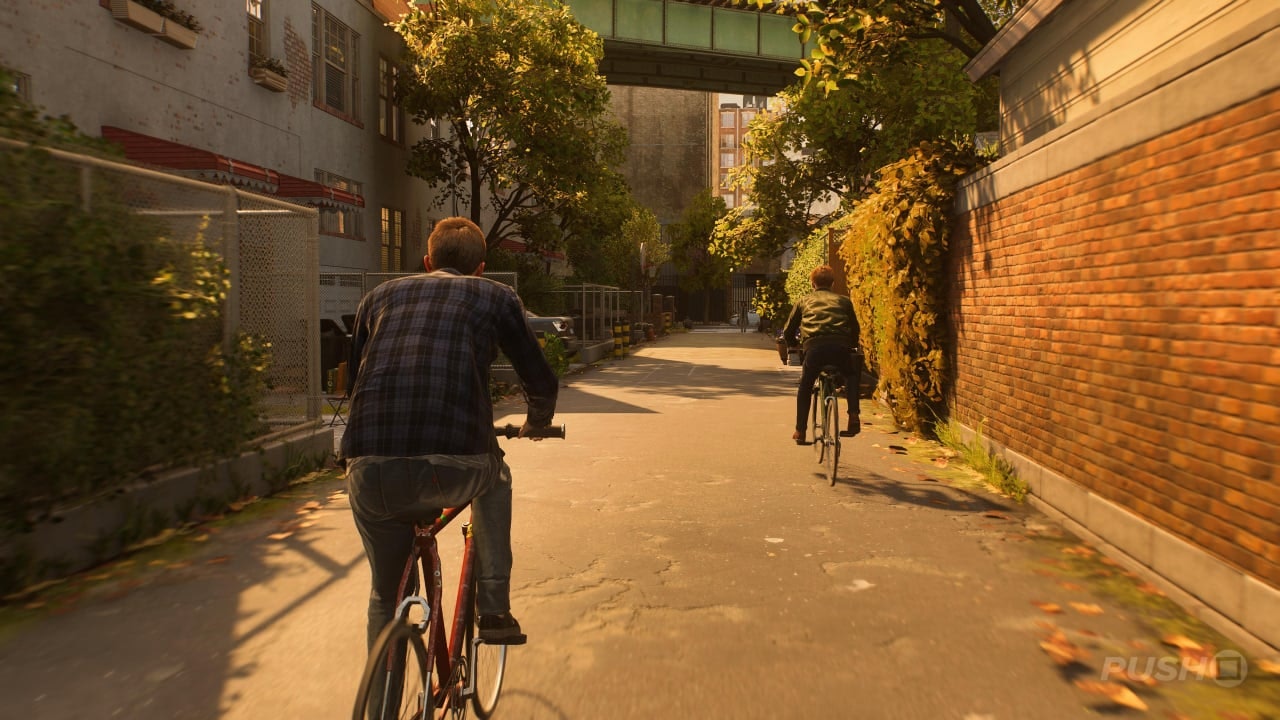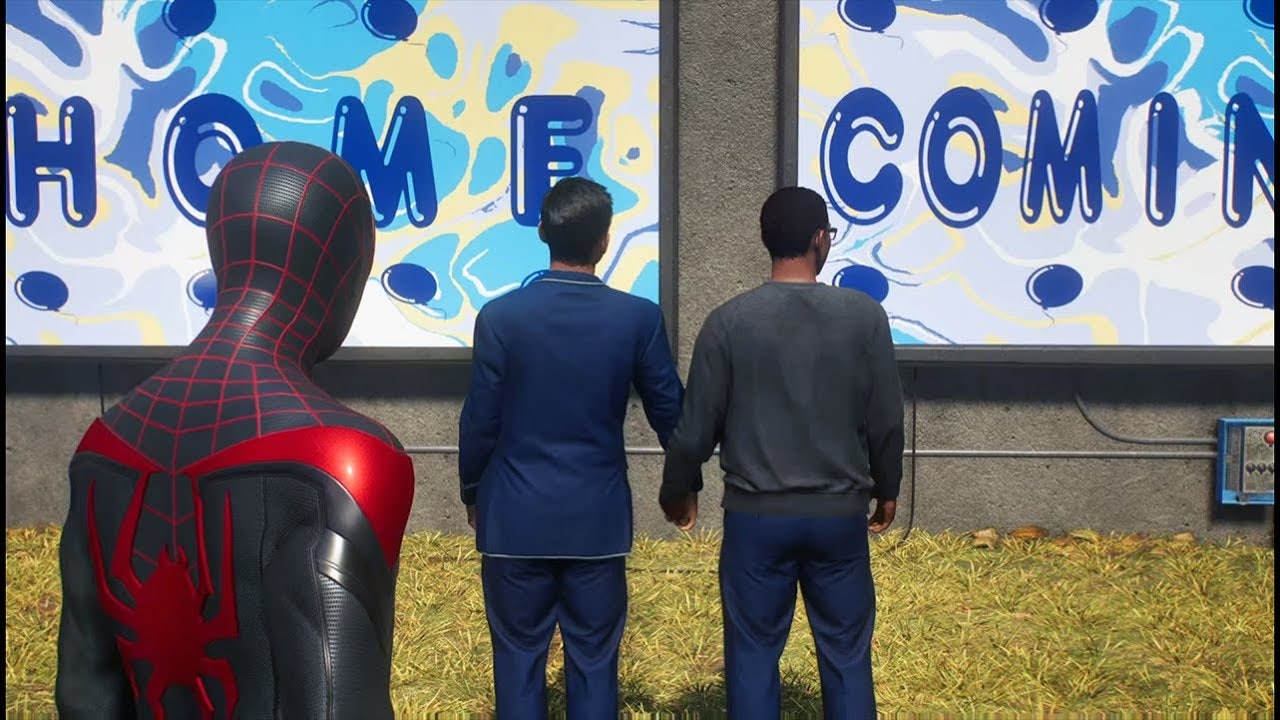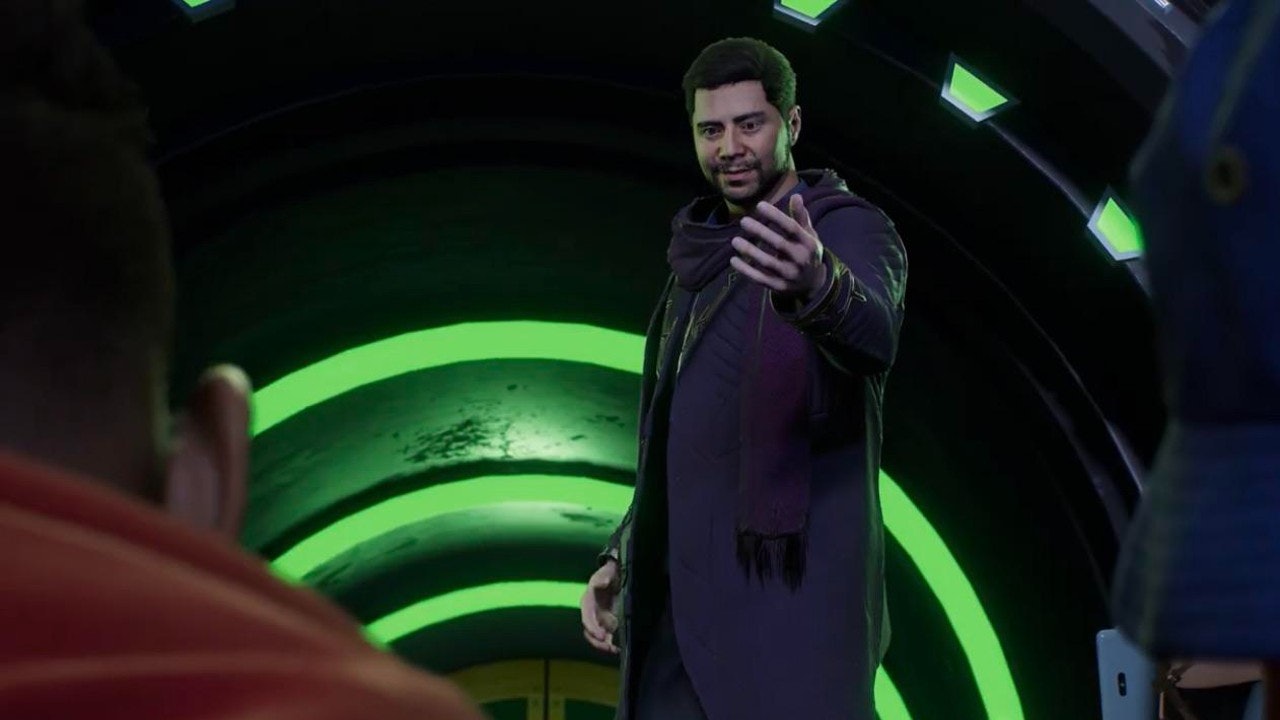
Marvel’s Spider-Man 2 is a spectacular sequel that ups the ante in nearly every way, from massive action set pieces to some truly deadly and memorable villains. It’s a refinement of the last two entries in every sense. But crucially, Insomniac Games knew what needed to be the beating heart of the sequel, humanity.
Yes, Spider-Man 2 has all the action and drama you could want, but its world and storytelling are uniquely empathetic, taking liberal time to let players get to know the people underneath the mask. Even when put up against the usual slate of AAA games we see these days, Spider-Man 2’s plot feels uniquely grounded and human. It helps push Spider-Man 2 from something great to one of the best superhero stories ever told.
Warning: This article will discuss major spoilers for both the main quest and side missions in Marvel’s Spider-Man 2.
Perhaps what’s most surprising about Spider-Man 2 is simply how much time you spend playing as Peter and Miles, versus their Spider-Man personas. The game is filled with little quests that make these characters feel more human and relatable, from Peter riding bikes with his newly returned friend Harry Osborne to Miles walking around a cultural museum on the history of Harlem’s music scene. Spider-Man 2 really lets you get a feel for its version of New York and the very human and flawed people that inhabit it.

This is perfectly exemplified by the game's many side missions, all of which really let you fill that role of the “Friendly Neighborhood Spider-Man.” One adorable mission has Miles fix a bunch of tech to help a Brooklyn Visions student propose to his Homecoming date. Another sees Peter give advice to an aspiring photographer as he remembers his struggles starting out.
These are unique moments that show the kindness and care the game’s heroes try to afford to anyone and everyone, but things don’t stop there.
In the “Find Grandpa” mission, Spider-Man tries to locate someone’s lost grandparent, only to spot him sitting quietly by a lake. Over the next few minutes, the elderly man discusses love and loss with whichever Spider-Man is present, reflecting on the nature of life and how quickly it slips away. It’s an incredibly poignant moment that brings the action to a screeching halt but asks bigger questions about how the game’s protagonists, and we ourselves, value the time we have with loved ones.
That level of emotion and consideration then carries over to the main story as we see Peter, infected by the Symbiote, start to push away the people he loves. Equally, Miles becomes obsessed with finding Mr. Negative, shirking his friends and family, and becoming hellbent on revenge.

Both heroes are forced to reckon with these facts, but two specific sequences provide truly meaningful moments of growth. One of the game’s most emotionally hollowing moments is a boss battle where Venom turns Mary Jane into the Symbiote Scream.
A phenomenal performance by voice actor Yuri Lowenthal bolsters the emotional weight of this fight, as the Symbiote-ridden MJ berates Peter for only focusing on himself, never valuing her dreams or wishes in life. It’s a difficult sequence to play through as Peter realizes how much he’s screwed up and devalued the most important person in his life. A sobbing Peter begs MJ, saying they can fix things, and that he knows and wants to be better, not just as a hero but as a partner. It’s an incredible moment that shows the game’s hero not only comes face to face with his own flaws but, more importantly, accepts those flaws.
On Miles’ side, his climactic fight with Mr. Negative culminates with a walk through his own tortured psyche, as the villain creates shadow versions of his loved ones that tell the hero how disappointed they are and how neglected they feel. Miles is literally forced to confront his worst fear, that he’ll let down everyone he loves.
For a dozen hours of gameplay, Miles has been driven by nothing but rage. But after fighting through his psyche, he learns that’s unsustainable. In a final confrontation, Miles tells Mr. Negative, “I can’t forgive you for what you’ve done. But I can’t hold onto this hate anymore.”

Miles’ life was invariably changed by the passing of his father. But in a moment of full acceptance, the teenage superhero realizes he can’t move on with his life as long he holds onto that hate. In turn, Mr. Negative is given the chance for redemption, something the reformed villain isn’t sure he’ll be able to achieve, but he’s a changed man nonetheless.
Most importantly, these two moments show that Peter and Miles aren’t infallible heroes. They are deeply flawed humans simply trying to do their best with the powers they have. Spider-Man 2 knows that the best superhero stories are the ones we can relate to on a human level, despite the unrealistic events happening on-screen.
Spider-Man 2 carries the theme of redemption into another side quest featuring Mysterio. Throughout this mission series, players are fed a red herring, led to believe that Quentin Beck, the seemingly reformed villain Mysterio, is sliding back into a life of crime. However, the game reveals a twist in the final mission. Beck truly is trying to do better, but his assistants, greedy for a paycheck, take advantage by sabotaging the Mysterium project and placing the blame on Beck.
Any other game could have just as easily made Mysterio a bad guy again for the boss battle or spectacle, but Spider-Man 2 gives this character a chance to learn and heal. And it gives Miles the chance to understand him a little better.
These are just a few examples of how Spider-Man 2 weaves themes of forgiveness and acceptance throughout the entire experience, showing empathy for everyone from one-off NPCs to major villains. It lends a sense of relatability and realness to the game’s story that even other Spider-Man tales struggle to tackle, let alone the superhero genre at large.







